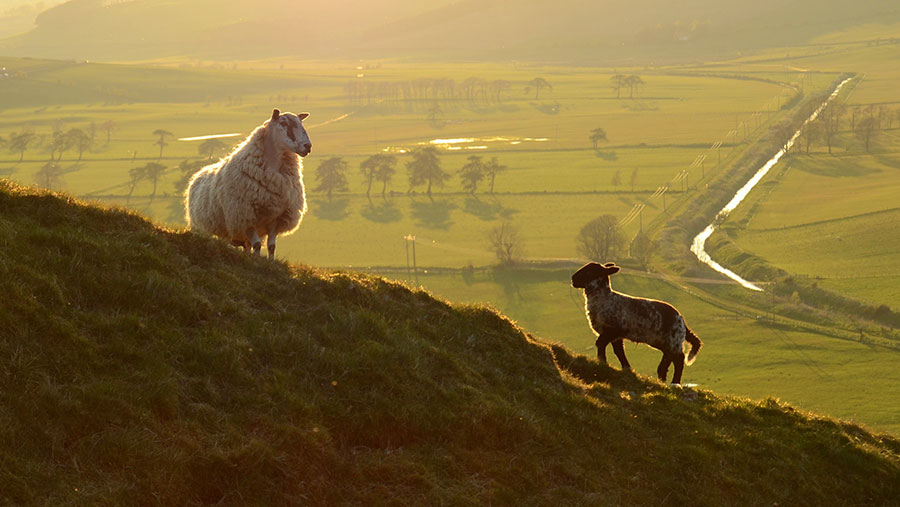Scots farmers must not face funding ‘cliff edge’, NFUS warns
 © Mr Doomits/Adobe Stock
© Mr Doomits/Adobe Stock Scottish farmers and crofters must not suffer a funding “cliff edge” during the transition to new agricultural support schemes, NFU Scotland has warned.
Speaking during a Rural Affairs and Islands Committee on future agriculture policy at Holyrood on 22 March, NFUS policy director Jonnie Hall said “uncertainty” over future agricultural support remains the number one concern for its farmer-members.
Mr Hall said all of Scotland’s 17,500 farmers were ready to contribute to the challenges around food production, climate change and biodiversity – and all will be able to play their part.
See also: ‘Pitiful’ policy in Scotland forcing farmers to scale back
But this will “stack up to nothing and be a house of straw” unless the funding is made available.
Scottish agriculture currently receives £620m from the Treasury each year, but the UK government has only committed to maintain this support until the end of 2024.
Mr Hall said it was the responsibility of the Westminster government to deliver the funding and of the Scottish government to ensure the money was committed to agriculture in ways that achieve the necessary results.
“Coming back to the policy, it means focusing the bulk of that funding on direct support, with the direct support elements of the new policy being tiers one and two,” he added.
Mr Hall said a funding cliff edge for Scots farmers would be any cuts to the budget for tiers one and two, or if tier two requires high consultancy fees, or is based on income foregone.
The Scottish government recently published its Agricultural Reform Route Map, which sets out the phased implementation of a four-tier Future Support Framework beyond 2025, with tiers three and four based on indirect payments for environmental outcomes.
Scottish rural affairs secretary Mairi Gougeon has insisted the framework will deliver her government’s vision to support farming and food production and help Scotland become a global leader in sustainable and regenerative agriculture, while also avoiding any cliff edges for farmers.
